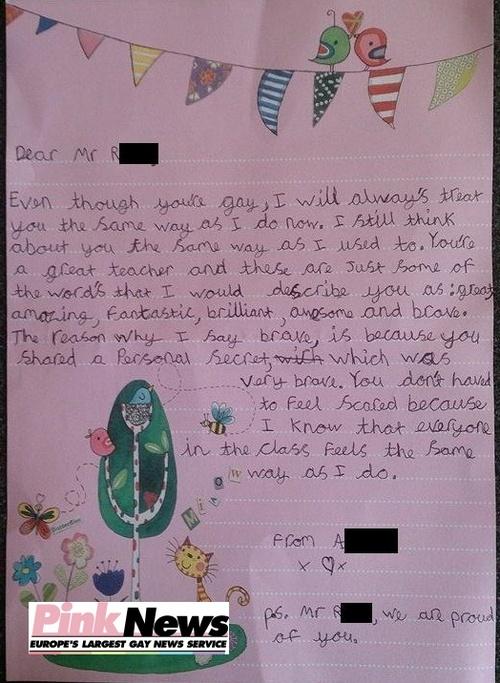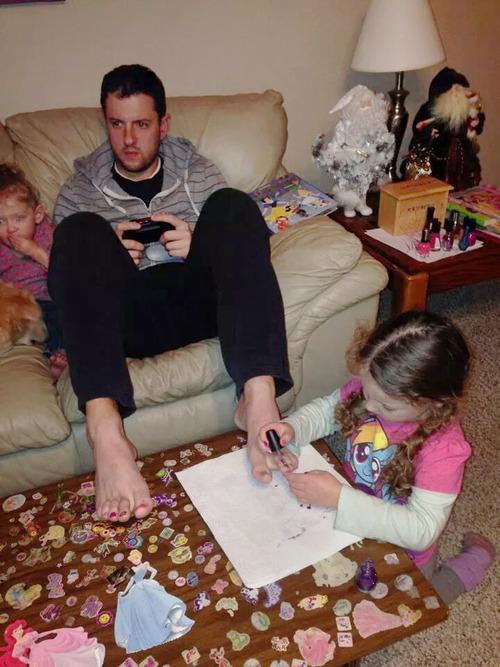Privilege.
That is a loaded word. Like many powerful words in the English language, we have come to bastardize its meaning so that it the power of oppressiveness continues to grow.
talked about the real meaning of Privilege. Let me know what you think after reading the article ....
BY JANINE WRIGHT
English is a hard language to learn and understand; many words have multiple meanings. Privilege is one of those words. Sometimes it means an honor, such as, “It is a privilege to meet you.” Other times it means having common rights, such as, “It is a privilege to be an American.” Yet, neither of those meanings covers the true meaning of the word, “A right or benefit that is given to some people and not to others.”
It is this last definition of privilege that makes discussing privilege so difficult. People find it hard to believe that they have a privilege is denied someone else or that his or her life is easier than someone else’s. The definition of privilege makes no judgement. It does not say that one group takes privilege over another group. Rather, this definition points to a system that sometimes, often unintentionally, covers people inequitably.
Since privilege is a difficult topic to cover, checklists have been developed as a way to get people to think past their individual life experiences and see the lives of others within systems. When reading the checklist, it is important to remember to not think of the questions as individualistic; rather, to see them as systemic.
As of late, the discussion of privilege in social justice circles has been centered on White privilege. Therein, lies my question …. Is privilege real or imaginary? The answer seems to be – it depends on which type of privilege we are talking about.
Historically speaking, we can see male privilege at the beginning of our country during the election of our first president. In order to vote, one had to be a white, male landowner – only 6% of the citizens fell into this category. A few people had the right to determine what was or was not good for the entire society; this was the start of male privilege.
Recently, I read the book, Lean In: Women, Work and the Will to Lead, by Sheryl Sandberg, Chief Operating Officer of Facebook. Throughout the entire book, Sandberg, without actually using the words, details male privilege at every level of her career. Even though laws have changed, systems have become more advanced, and few people believe that women are subservient to men, male privilege can still be seen in our current social and business cultures.
A few questions from the male privilege checklist are (reminder “I” in these statements are males):
1. I am far less likely to face sexual harassment at work than my female co-workers are.
2. If I have children and a career, no one will think I’m selfish for not staying at home.3. Even if I sleep with a lot of women, there is no chance that I will be seriously labeled a “slut,” nor is there any male counterpart to “slut-bashing.”
You may remember the 2011 protests, Occupy Wall Street, which started on Wall Street and spread throughout the country. These protests centered on income inequality. The slogan, “We are the 99%” was birthed out of this movement.
The movement was also a commentary on privilege – class privilege. Class privilege is defined as some groups benefiting from unearned, unacknowledged advantage that increases a social group’s power relative to that of others. Similar to male privilege, this privilege was put into our system at the beginning of this country. The people in general – those who were homeless, who rented, who were employed, and those who were unemployed – did not elect the first U.S. President. No, landowners – meaning that they had a means of buying land – elected him.
A few questions from the Social Class Privilege Checklist are (reminder “I” in these statements are people from the higher social class):
1. Law enforcement officials will likely assume I am a non-threatening person once they see me and hear me.
2. I deserve my status because of my accomplishments.3. I can easily speak to my child’s teachers.
This brings us to the most difficult privilege discussion, White privilege. It seems that most people can agree on the first two descriptions of privilege, but when it comes to race privilege many people cringe. It is believed that the fear of admittance to White privilege is a hold over from deep-rooted discrimination during the first 175 years of our national history. Like the other two descriptions of privilege, White privilege was evident at the first election of the U.S. president; only white, male landowners were allowed to vote. Also, like the other two privilege categories, most racial discrimination is illegal yet it is still seen throughout our social and legal systems.
A few questions from the White Privilege Checklist are (reminder, the “I” in these statements are White people):
1. When I am told about our national heritage or about “civilization,” I am shown that people of my color made it what it is.
2. I can swear, or dress in second hand clothes, or not answer letters, without having people attribute these choices to the bad morals, the poverty or the illiteracy of my race.3. I can take a job with an affirmative action employer without having my co-workers on the job suspect that I got it because of my race.
The original question was, Privilege – Real or Imaginary? What do you think? Is privilege (in any way) real? Is one form of privilege more real than another? I’d like to hear your thoughts, e-mail me at wrightjanine@ymail.com.
I also challenge each of you reading this, to look at the three checklists referenced and dissect the systems you live and work within. Do you see privilege? Come back next month to find out how we, as a community, can fight privilege and become a more equal and powerful society.
Janine Wright is an Oshkosh community member who believes diversity makes a community stronger. She facilitates On Common Ground, a monthly diversity discussion and educational group at various locations in Oshkosh. For more information about On Common Ground, please contact Janine at wrightjanine@ymail.com.











